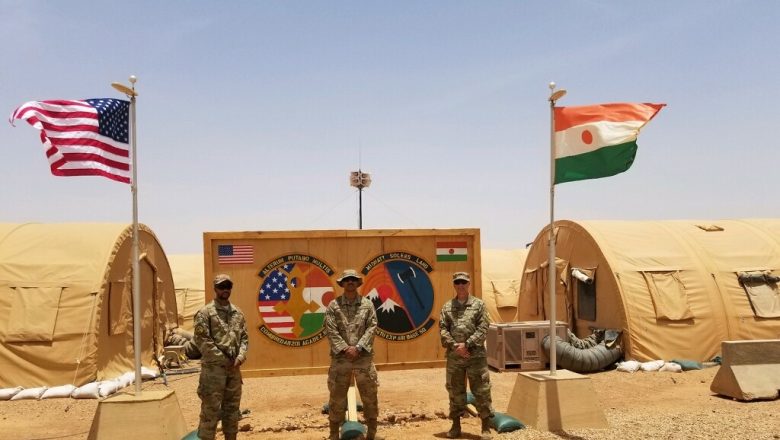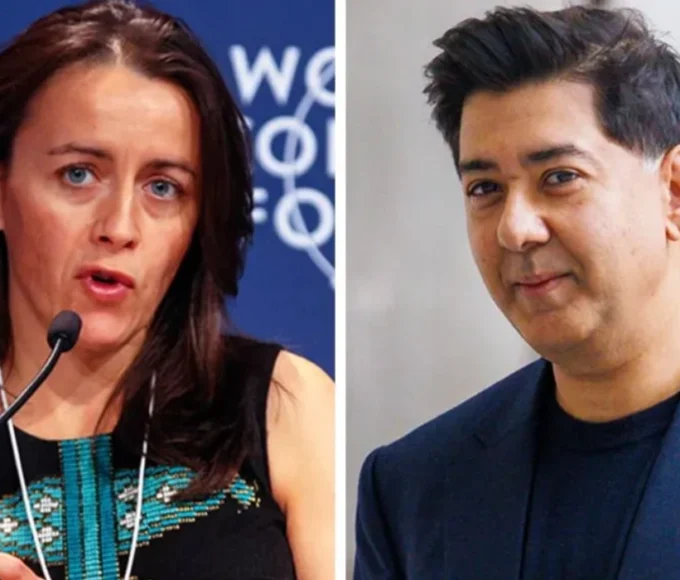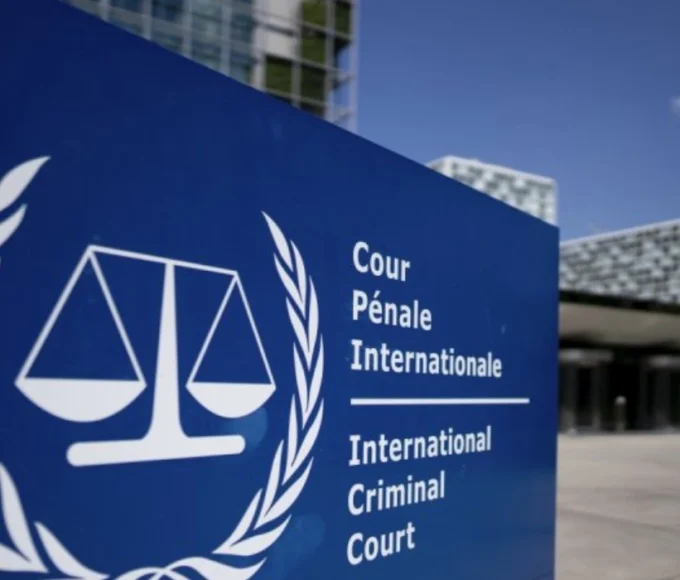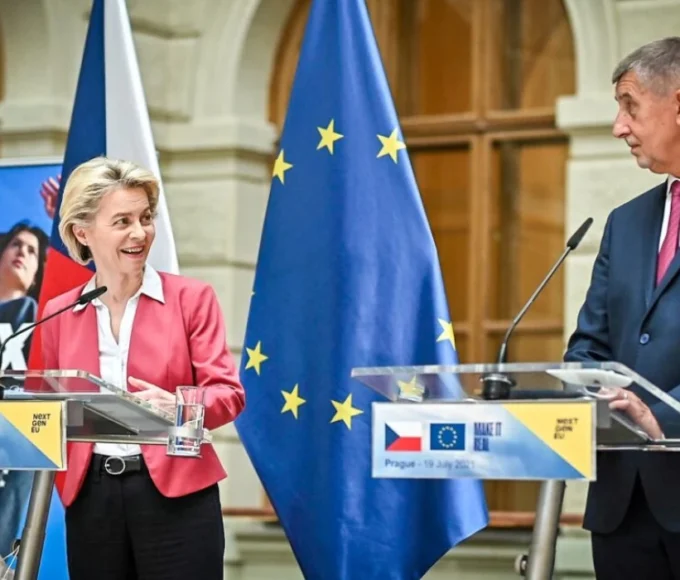3rd coup in the Sahel since 2020, after Mali and Burkina Faso, and 4th in West Africa with Guinea, the overthrow of President Mohamed Bazoum in Niger, on July 26, 2023, goes badly in the international community . In this country, considered the last ally of the West in the region, pressure from Western powers is increasing for the immediate rehabilitation of the ousted President.
The coup d’etat in Niger has been arousing a wave of condemnations across the world for the past week. On the front line against General Abdourahamane Tchiani’s coup, as we went to press, some Western countries were brandishing the threat of suspension of their cooperation and/or supporting the sanctions and efforts of ECOWAS and the European Union African for a return to constitutional order.
France, which has a significant military presence in Niger, where 1,500 soldiers are stationed under Barkhane’s new formula following the withdrawal of the operation from Mali, announced on July 29 to suspend, with immediate effect, “all its development aid and budget support actions, calling for the “immediate return to Niger’s constitutional order around President Mohamed Bazoum, elected by the people of Niger”.
The day before, US Secretary of State Antony Blinken had assured Washington of “unwavering support” for the ousted President and stressed that the overthrow of his power called into question hundreds of millions of dollars of American aid for the benefit of the people of Niger.
Like France, the United States has nearly a thousand soldiers in Niger and above all two air bases, one in Niamey and the other in Agadez, in the north of the country, equipped drones and acting as a hub for the US military. The United States evacuated unnecessary personnel from its embassy. President Joe Biden called on Thursday August 3 for the immediate release of President Mohamed Bazoum.
In addition, Germany, whose army also has a military base in the Nigerien capital, which serves as a platform for the withdrawal of its forces from Mali and where around a hundred soldiers are currently operating, has given its “full support to the democratic evolution of Niger”.
“With the European Union, we have supported the civilian government and remain convinced that only a democratic government can provide answers to the challenges of the country”, insisted Annalena Baerbock, the Head of German diplomacy.
In the process, Joseph Borell, Head of European diplomacy, assured his side that the European Union “does not recognize and will not recognize” the authorities resulting from the putsch of July 26. The institution has also decided to suspend, with immediate effect, all budgetary aid and all cooperation in the security field with Niger.
This article is originally published on journaldumali.com









